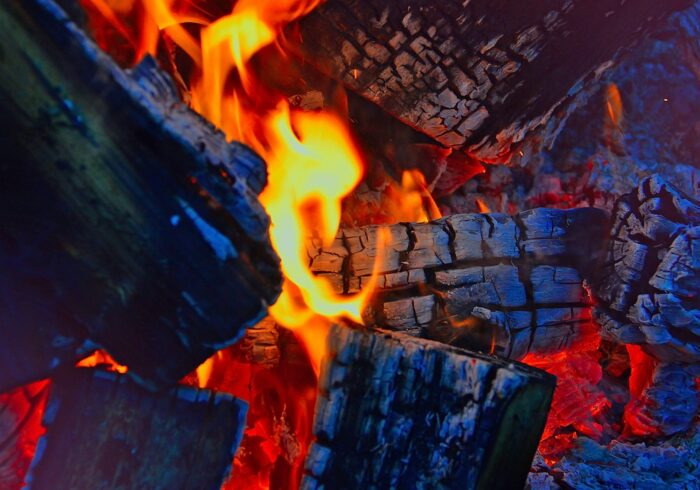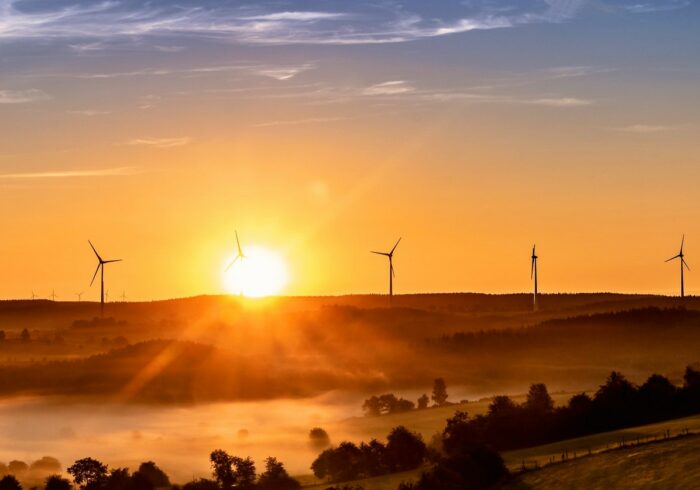The German concern ThyssenKrupp is already looking for ways to replace coal with hydrogen in steelmaking. It has not yet found one.
The European Union will forego natural gas to combat climate change and by 2050 replace with clean energy sources a considerable part of fossil fuel which main supplier to Europe is Russian Gazprom.
The European Commission did not stall, despite the raging energy crisis and record gas prices, and on Wednesday unveiled a draft gas market reform. It would not only displease Russian President Vladimir Putin, but also some EU countries.
Therefore, the project will have a difficult path: to become law, the initiative of the European Commission (in fact, the EU government) must be supported by members of the European Parliament and the authorities of the 27 EU countries, representing nearly half a billion people in the largest political union in the world.
Here is what the European Commission is proposing.
Hydrogen instead of natural gas. To reduce greenhouse gas emissions to zero by 2050, it is not enough for the EU to electrify its economy. Industry still needs gas, and if so, let it be “clean” and not fossil, the European Commission decided. The main alternative is hydrogen. Technologies of its production exist, but they are very expensive. The EU hopes to invest in infrastructure and make the production of hydrogen fuel cells and hydrogen from renewable sources cheaper and more profitable with state support.
Abandonment of long-term gas contracts. These are exactly the kind of bilateral contracts tied to the price of oil that Gazprom has been promoting and that Putin has been promoting. However, the EU sees a free market as a guarantee of stable supplies. The EU has admitted that it will not be able to abandon natural gas at once, but to begin to get off the needle, it has proposed limiting the duration of long-term contracts for its purchase to 2049.
Creating a strategic reserve. One of the main reasons for the unprecedented surge in gas prices in Europe in recent months is the shortage of natural gas in underground storage. Europe pointed the finger at Gazprom, which claimed that it fulfills all its contracts. In order to avoid being put in this situation again, the European Commission has suggested creating a strategic gas reserve in case of emergency, following the example of the U.S. strategic oil reserve.
These three points demonstrate that the EU is not abandoning the “green rebuilding” of its economy, despite the high costs, the covid crisis and the growing dissatisfaction of the population. Moreover, it is willing to escalate its confrontation with Russia, which it does not directly accuse of gas blackmail, but continuously emphasizes the unacceptability of using gas as an instrument of political pressure, particularly against its neighbors, Ukraine, Moldova and Georgia, with whom the EU has a partnership agreement.
Russia has not given up its reliance on fossil fuel exports as the backbone of its future economy and continues to build gas export pipelines, including the recently commissioned but not yet approved Nord Stream 2 to Germany via the Baltic Sea, bypassing Ukraine.
Will Nord Stream 2 be the last pipeline from Russia to Europe? We’ll know by 2050.
Europe buys about a third of its gas from Russia, and the Kremlin has repeatedly expressed dissatisfaction with the EU energy market reform. Putin referred to it as the reason for the current increase in gas prices, and to the European Commission as “smart guys.
In September, Putin said, “Smart guys came up with the idea of market-based gas pricing back when the European Commission was still in office. – Now shave your head and get the result you’re looking for… And those who agreed to sign long-term contracts with us in Europe can now only rub their hands and rejoice.



